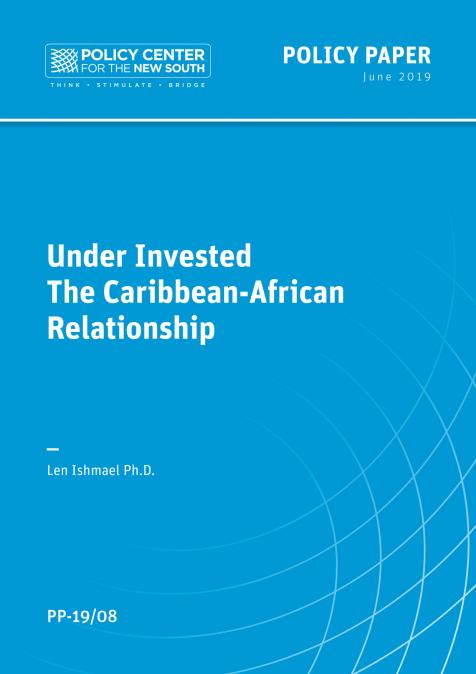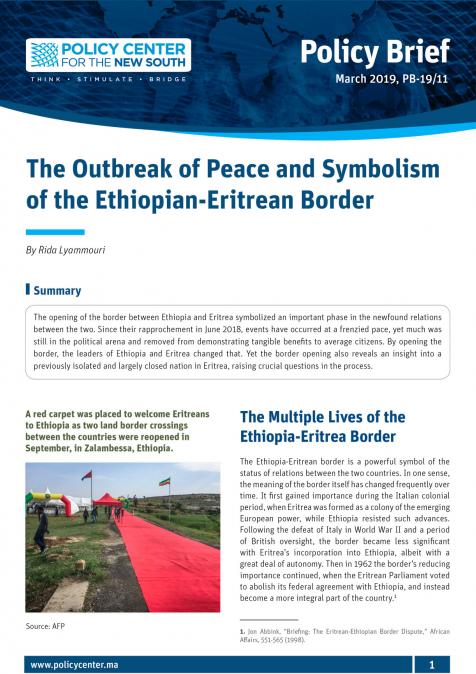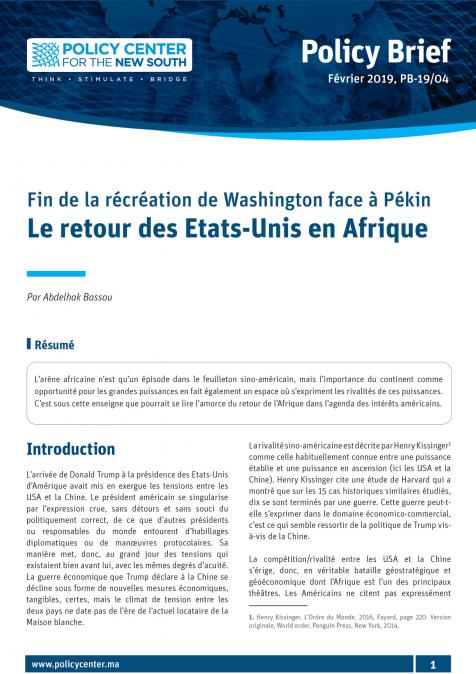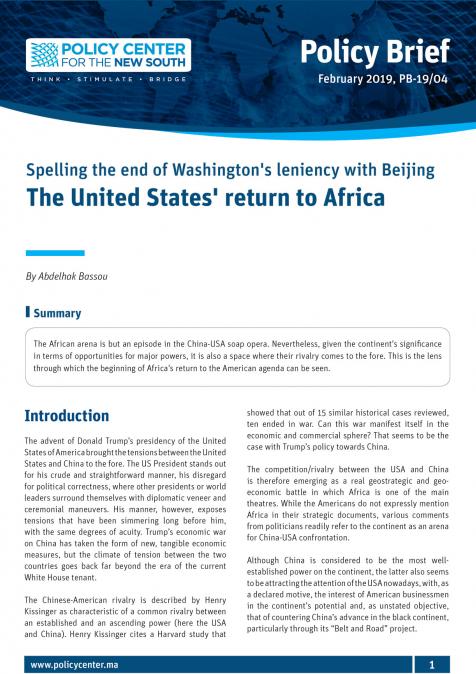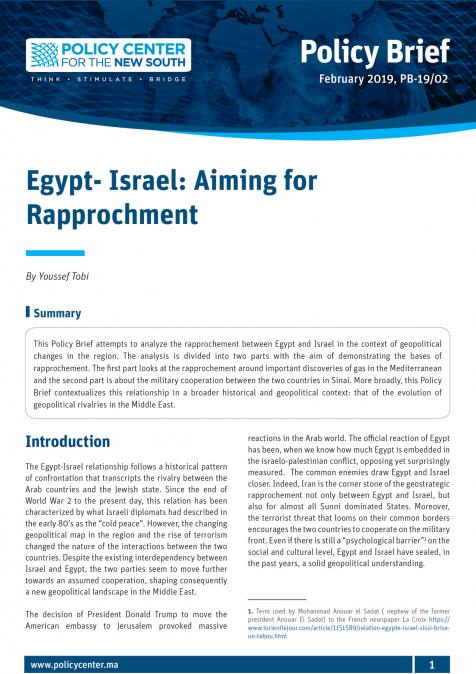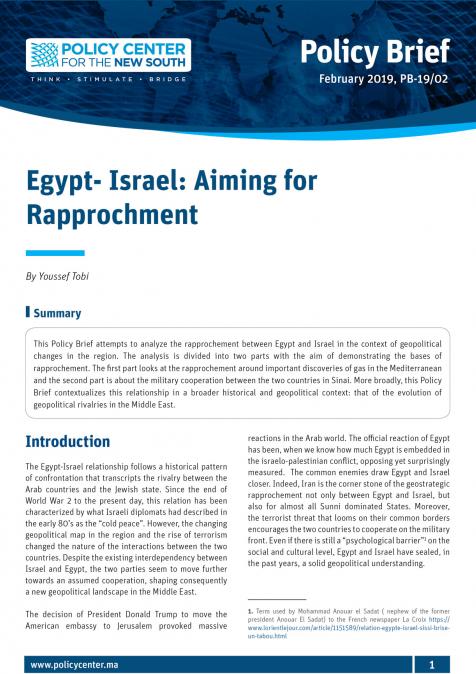Publications /
Opinion
Though Donald Trump lost the U.S. presidential election, it didn’t stop him claiming victory soon after the vote closed, and asserting that the counting should be stopped. It was abundantly clear that millions of ballots all around the nation were still being processed but nevertheless the president appeared in the East Room of the White House on Nov. 4, speaking at a podium in front of a Trump/Pence banner. “This is a fraud on the American public,” he said. “This is an embarrassment to our country. We were getting ready to win the election. Frankly, we did win this election”. Trump’s accusation of rigged elections were “a worst case scenario for the country”, noted Susan Glasser in the New Yorker. The president’s questioning of the basic institutions of the U.S. government aimed at “the desired result [of] a superpower no longer trusting of its own democracy”. Trump’s attempted victory declaration was nothing less, declared Late Show host Stephen Colbert on his talk show, than “a power grab by a terrified strongman in the dead of night”.
‘Surreal interlude in American Life’
More than 73 million Americans voted for Donald Trump, more votes than any other presidential candidate ever, with the exception of President-elect Joe Biden, who tallied about 5.5 million votes more than his opponent. But “the results and the record turnout may suggest that the Republican Party will remain or even grow as a populist nationalist power”. Though Biden won, said the New Yorker, “Trump remains the President of red America,” referring to the more rural central and southern states. As in 2016, Trump outperformed mainstream expectations, with more Americans voting for him than when he surged to power as an anti-establishment outsider four years ago. At the 2019 White House Correspondents’ Dinner, acclaimed Presidential historian Ron Chernow delivered the keynote address. He characterized the turbulence of President Trump’s term in office as a “topsy-turvy moment” and a “surreal interlude in American life”. The Washington Post (Nov. 5) wrote that “in this vision, Trump’s nativist politics at home and protectionism abroad were cast as ‘un-American’. His boorish rhetoric and self-dealing proclivities were seen as aberrations. His feckless management of the coronavirus pandemic was a betrayal of a legacy of sturdy White House leadership amid crisis. Biden by contrast, represented the possibility of restoration, a return to hallowed norms, decency and a spirit of consensus in American politics. At least that was the pitch”. In the end, it seemed that almost half of America wasn’t convinced.
‘Everything is Rigged Against Them’
The Economist (November 5) wrote that despite Biden’s victory, “populism will live on in America. It has become clear that Mr. Trump’s astonishing victory in 2016 was not an aberration, but the start of a profound ideological shift in his party. Defying expectations and COVID-19, he has won millions more votes in the huge turnout of 2020 than he did in 2016’s moderate one … The Republican Party, which fell under Mr. Trump’s spell while he was in office, is not about to shake itself out of the trance now. It is even conceivable that Mr. Trump, or a member of his family, could run for the White House in 2024”. Despite Trump’s loss, warned Monica Hesse in the Washington Post, “Trumpism will not have been swept into the dustbin of history; it will remain all over the furniture. It’s part of the furniture”. Trumpism might be “America’s version of Peronism”, tweeted Dan Slater, director of the Center for Emerging Democracies at the University of Michigan, referring to Argentina’s legacy of populist nationalism. “Highly mobilizing, highly polarizing, not always in power, but never going away”.
Writing in Foreign Policy (Nov. 4), Jonathan Tepperman noted “we’re all living in Trump’s America now … With his party and close to half the public behind him, an empowered Trump—whether as president, opposition leader, or freelance tweeter and media star—will continue to draw huge levels of attention and support which he will use to hector and undermine Democrats, publicly shame Republicans into fighting Biden on everything, and to push the same peevish, counterfactual, us-versus-the-experts-and-everybody-else message that he has for the past four years”. Author Fintan O’Toole in the New York Review of Books wrote on the power of Trump: “The staying power of his destructiveness lies in the way that disputed defeat suits him almost as much as victory. It vindicates the self-pity that he has encouraged among his supporters, the belief that everything is rigged against them, that the world is a plot to steal from them their natural due as Americans. He has created for them a wide space to occupy, that great prairie of paranoia that stretches between what happens and what really happened. What really happened is what always occurs in every Trump story: he won big. Losing for Trump is not possible”. *
The opinions expressed in this article belong to the author.

